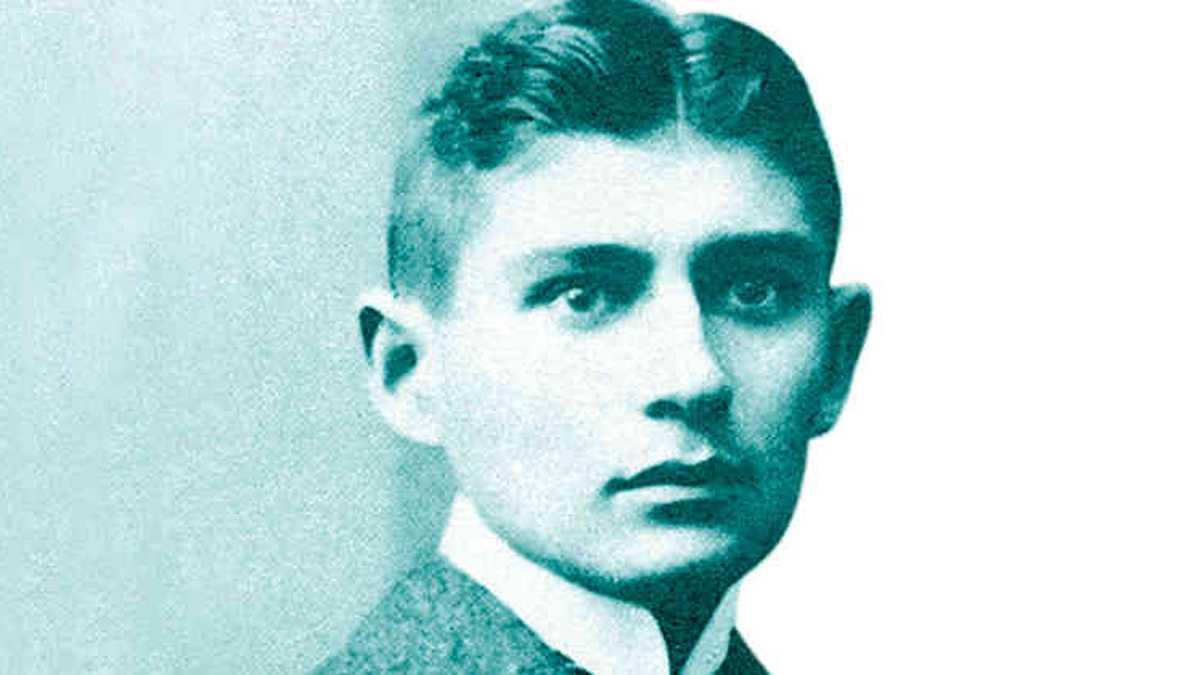
If you haven’t read The Trial by Kafka, I’ll try not to spoil too much in this article, but I’m going to use it as an example to answer the question, What does Kafkaesque mean? Also, if you haven’t read The Trial, I’ll be glad if this post reminds or encourages you to do so.
Two unidentified agents arrest Josef K. without being able to tell him the reason. This is how The Trial begins. The reason for his arrest and most of the legal procedure remains a mystery to Josef K. throughout the novel. This kind of scenario was so specific to Kafka’s writing that a new term was created. Kafkaesque.
It describes an unnecessarily complicated and frustrating experience. Bureaucracy is a typical subject matter, but Kafkaesque hinges on more than the inclusion of the regular issues of bureaucracy (endless lines and waiting times in a grey labyrinth of a government building only to fill out a confusing form at the end of it all, if there is an end).
Kafkaesque is a commonly misused term, as this quote by John R. Williams, in an introduction to Kafka’s The Metamorphosis and Other Stories, suggests:
“Rather like “Orwellian”, the term “Kafkaesque” has come to be used, often enough by those who have not read a word of Kafka, to describe what are perceived as typically or even uniquely modern traumas: existential alienation, isolation and insecurity, the labyrinth of state bureaucracy, the corrupt or whimsical abuse of totalitarian power, the impenetrable tangle of legal systems, the knock on the door in the middle of the night….”
So what exactly does Kafkaesque mean?
There’s irony, particularly in how the protagonist relates to the absurd nightmarish ordeal. But it’s not a horror story. It’s more like a tragicomedy. For example, the protagonist in Metamorphosis turns into an insect. However, his biggest concern at the beginning of the story was getting to work on time. So the logic is off-centre in a tragicomic fashion.
It’s easy to see where Kafka found inspiration. He worked as an insurance clerk in Prague, and his protagonists are generally office workers trapped in a confusing mess. The disorienting experience derails any chance of success, and it even makes the character lose interest in success. Finally, the goal of the protagonist doesn’t matter anymore. It’s all too confusing. And that’s Kafkaesque.
